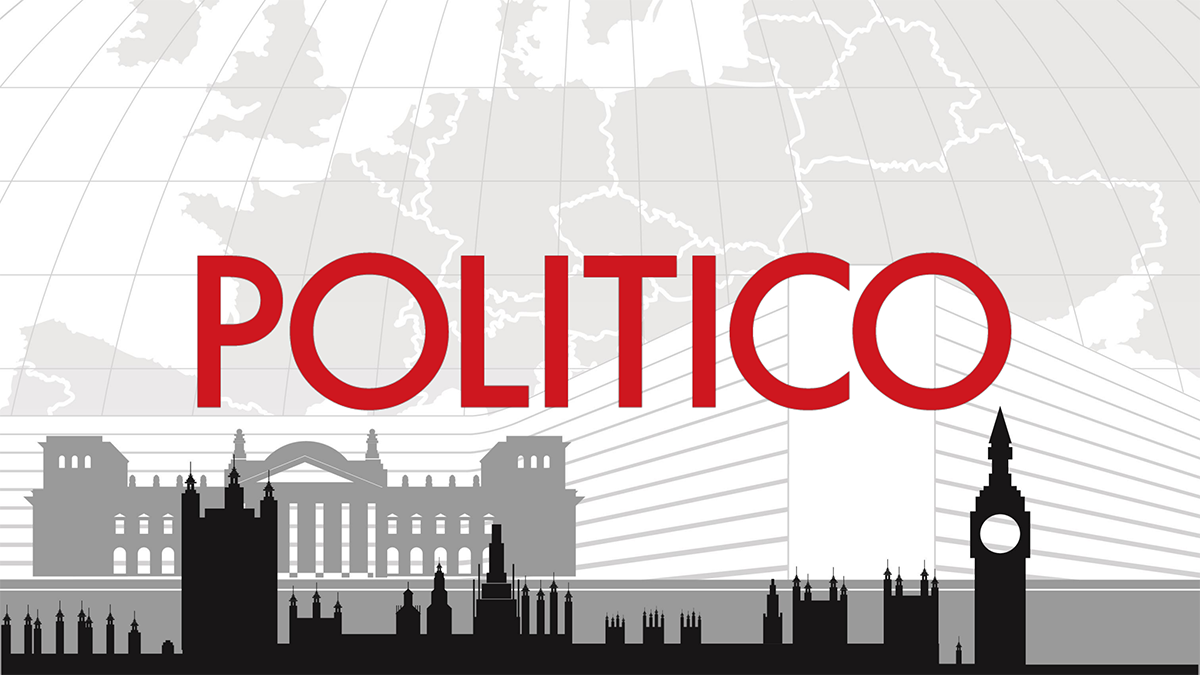## Hold Up, Your European Gaming Trip Might Be More Expensive Than You Think!
Love Eurogamer shows? Dream of cosplaying at PAX Unplugged? We know, we know, across the pond is full of awesome gaming experiences. But hold onto your controllers, gamers, because a trip to America just got a whole lot trickier (and potentially pricier).

Forget the friendly visa exchanges – Politico is reporting that Trump-era policies are still tanking EU business travel to the US. And guess what? That means less game dev collaboration, fewer conferences, and potentially even delays for your favorite imported titles.

Real World Consequences
Gamestanza has consistently reported on the growing global tension surrounding trade policies under the Trump administration. Recent data from HotelHub, a business travel platform, reveals a stark reality: bookings for European business travelers headed to the US plummeted by 26% in April 2024 compared to the same period in 2023. This dramatic decline isn’t isolated to Europe. Large decreases in U.S. bookings were recorded from companies in Germany, France, the U.K., Canada, and Mexico – a clear indication that Trump’s trade policies are having real-world consequences on international business travel.
The HotelHub data directly correlates with the increasing uncertainty surrounding the US’s traditional partnerships with key allies. Paul Raymond, HotelHub’s chief commercial officer, stated, “There’s been a lot of uncertainty around the traditional partnership with the U.S. since the new administration took office and even more so since the tariff announcements.” This sentiment reflects a broader trend of businesses globally re-evaluating their investments and interactions with the US due to the unpredictable nature of its trade policies.
The Social Media Battlefield: Shaping Global Opinion
Fake News or Real Concerns?

The rise of social media has dramatically reshaped the way information is disseminated, particularly regarding international affairs. While platforms like Twitter and Facebook can facilitate global dialogue, they also serve as breeding grounds for misinformation and biased narratives. In the context of the US’s global reputation, social media is often flooded with stories of travelers being mistreated at US borders, contributing to a negative perception of the country abroad. While some of these stories may be genuine, others may be amplified through echo chambers and deliberate misinformation campaigns.
It’s crucial for gamers and the global community to critically analyze information consumed on social media, especially when it comes to sensitive topics like international relations. Fact-checking websites and reputable news sources should be consulted to verify information and avoid contributing to the spread of potentially harmful narratives.

The Gamer Diaspora
The gaming community is incredibly diverse, with players from all corners of the globe. As a result, gamers are constantly exposed to various perspectives on global events, including the US’s actions on the world stage. While some gamers may hold positive views of the US, others may be disillusioned by the country’s policies and actions. This diversity of opinion highlights the importance of fostering open and respectful dialogue within the gaming community to better understand the complexities of international relations.
Building Bridges, Not Walls
Gamers have a unique opportunity to bridge cultural divides and promote understanding between different nations. Through online gaming, players can connect with individuals from diverse backgrounds and experiences, fostering empathy and breaking down stereotypes. This cross-cultural interaction can help counter negative perceptions fueled by misinformation and promote a more inclusive and interconnected world.
A Call to Action: Can America Win Back its Reputation?
Policy Shifts
Rebuilding trust with international partners and attracting global business requires a shift in US policy. This includes:
- Refraining from unilateral trade actions that harm global economies.
- Engaging in multilateral negotiations and agreements that benefit all parties involved.
- Prioritizing diplomacy and cooperation over threats and aggression.
- Stay informed about global events and engage in thoughtful discussions about them.
- Promote understanding and respect for different cultures within the gaming community.
- Support initiatives that foster global collaboration and cooperation in the gaming industry.
- Use your platform to advocate for policies that promote inclusivity and global well-being.
The Power of Soft Power
Beyond policy changes, the US can leverage its cultural influence – including its thriving gaming industry – to project a more positive image abroad. Supporting international game development, promoting cultural exchange programs within the gaming community, and showcasing the diversity and creativity of American game developers can contribute to a more nuanced and favorable understanding of the US.
The Gamer’s Role
Gamers have a voice and a platform. We encourage you to:
By working together, gamers can contribute to a more positive and interconnected world, one where understanding and collaboration triumph over division and mistrust.
Conclusion
The recent Politico.eu article paints a stark picture of the impact Trump’s policies are having on transatlantic business travel. The erosion of trust, coupled with burdensome visa restrictions and a general climate of uncertainty, has effectively choked the flow of European professionals into the US. This isn’t just a matter of inconvenience; it represents a significant blow to the global economic engine that relies on seamless cross-border collaboration. The tech industry, a key beneficiary of this exchange, is particularly vulnerable, with startups and established players alike feeling the pinch of lost talent and diminished investment opportunities.
The long-term implications of this trend are chilling. A fractured transatlantic business relationship could stifle innovation, weaken global supply chains, and ultimately hinder the economic recovery across both continents. The US, once a beacon of opportunity, risks becoming increasingly isolated, losing its competitive edge in a world that demands interconnectedness and collaboration. This isn’t just about politics; it’s about the future of the global economy, and the very fabric of our interconnected world.
Will the pendulum swing back? Can bridges be rebuilt? The answer, at least for now, remains shrouded in uncertainty. One thing is certain, though: the clock is ticking, and the cost of inaction is too high to ignore.